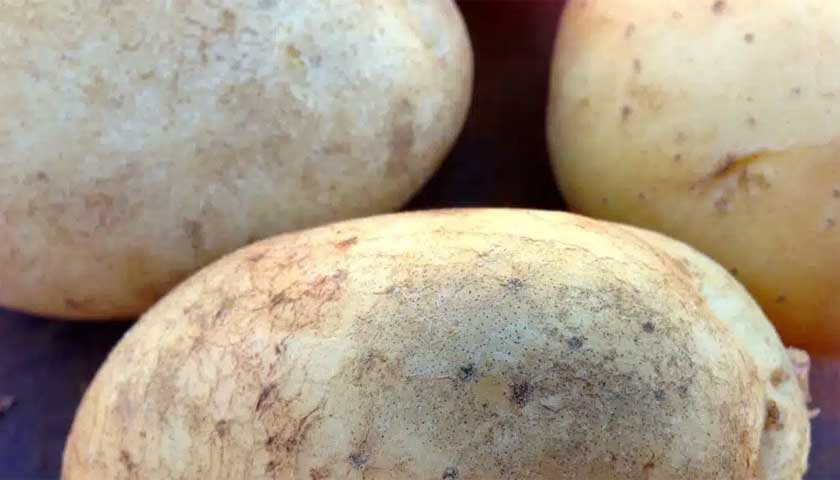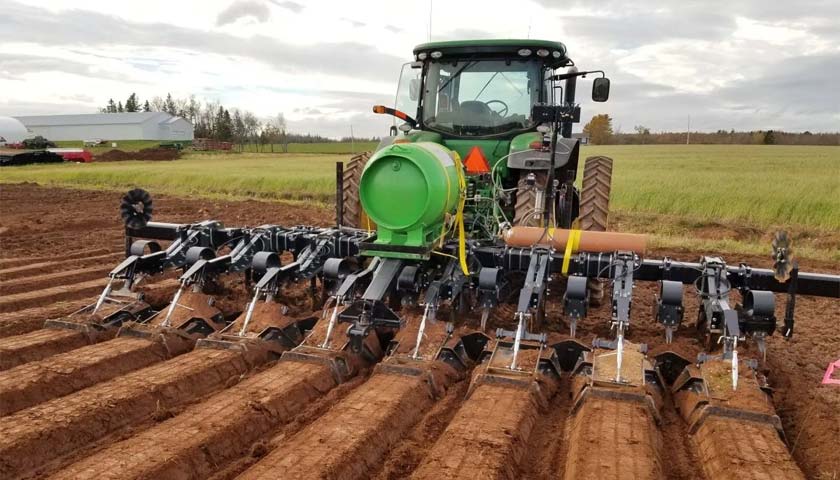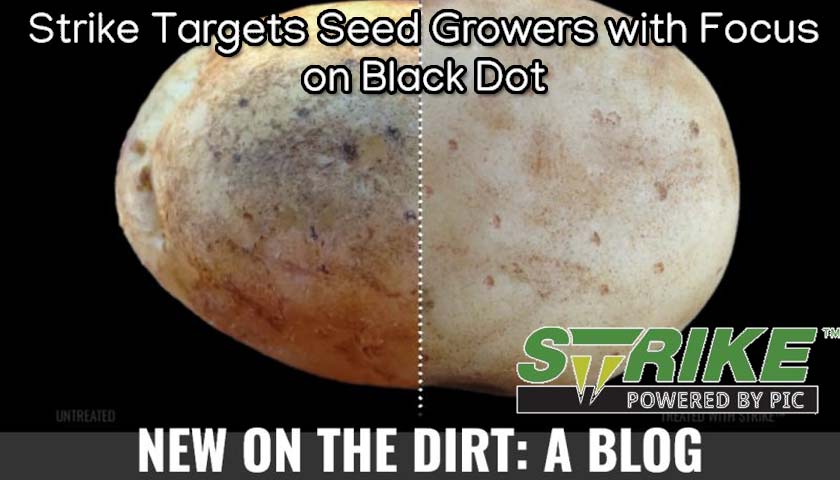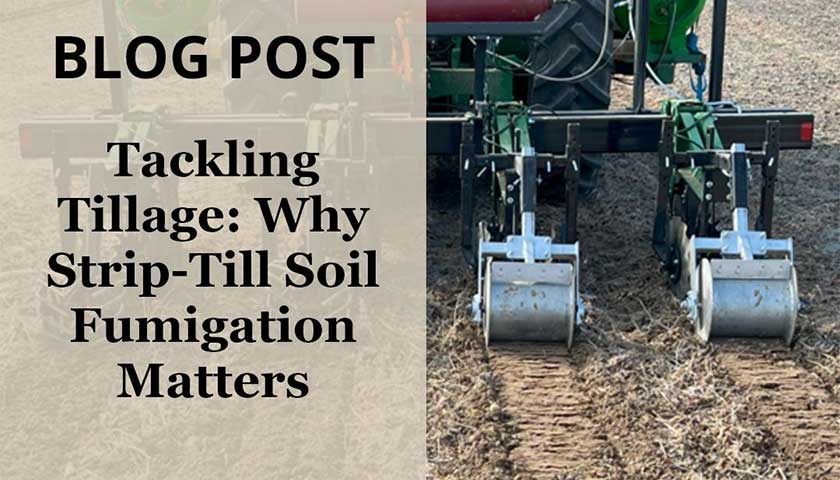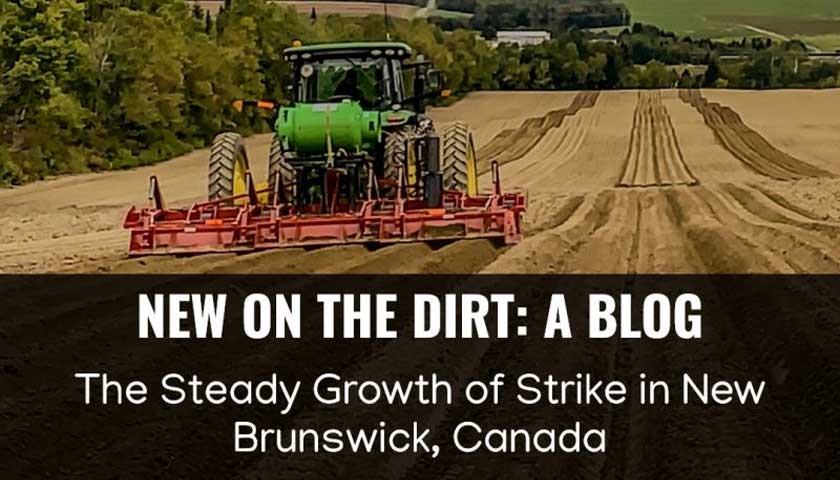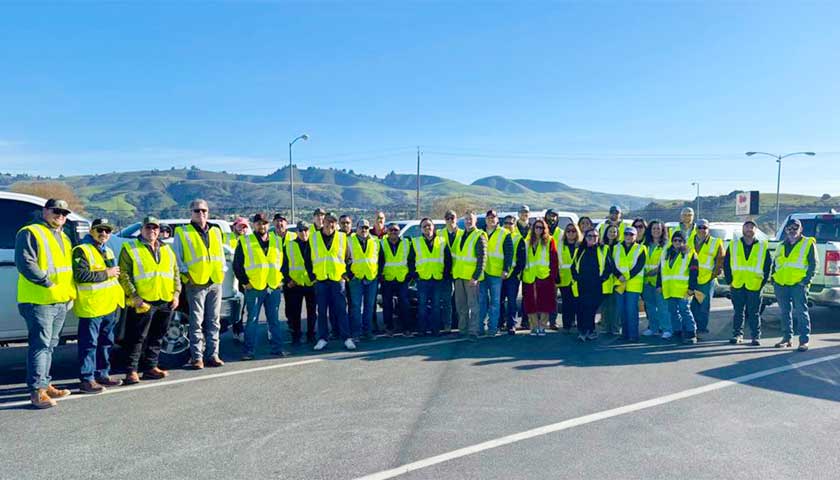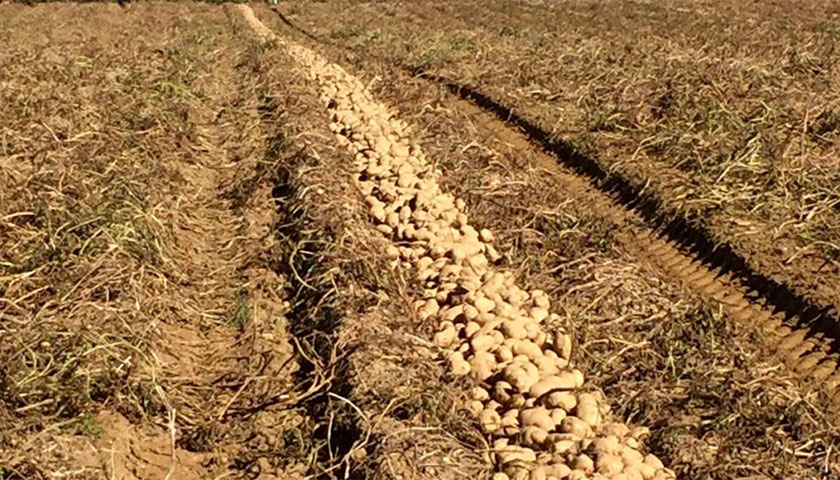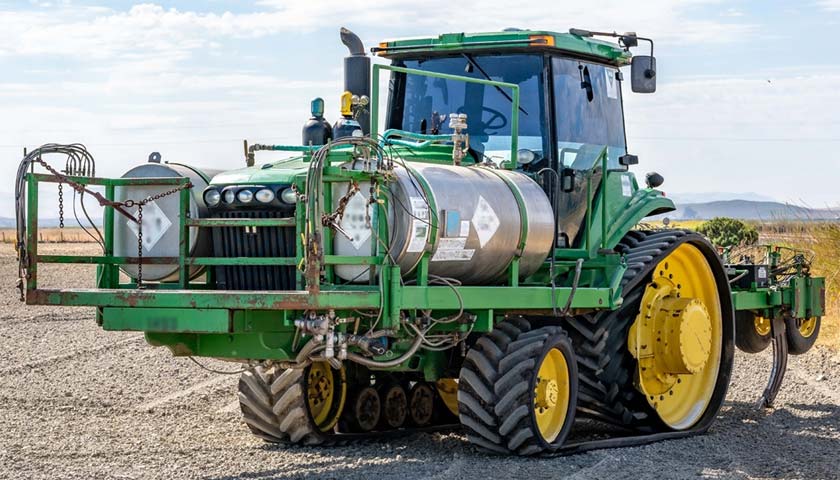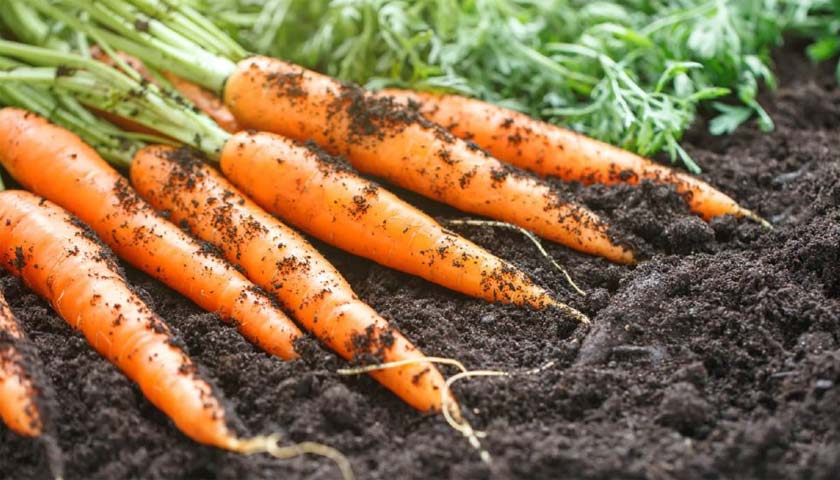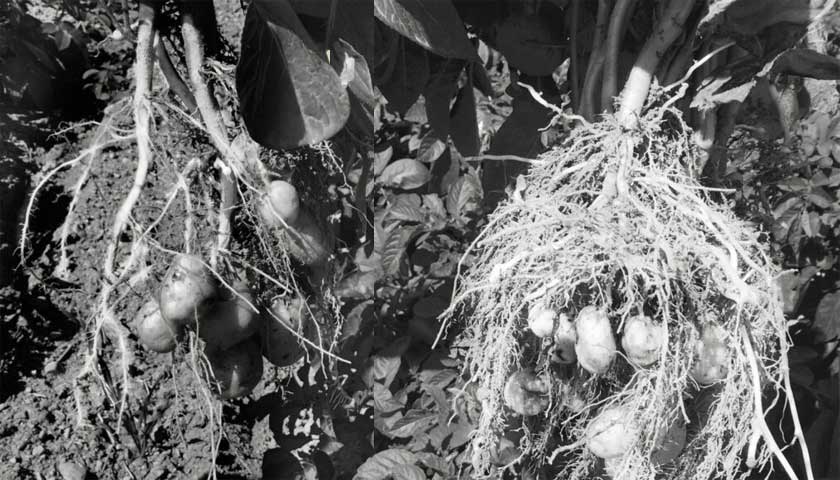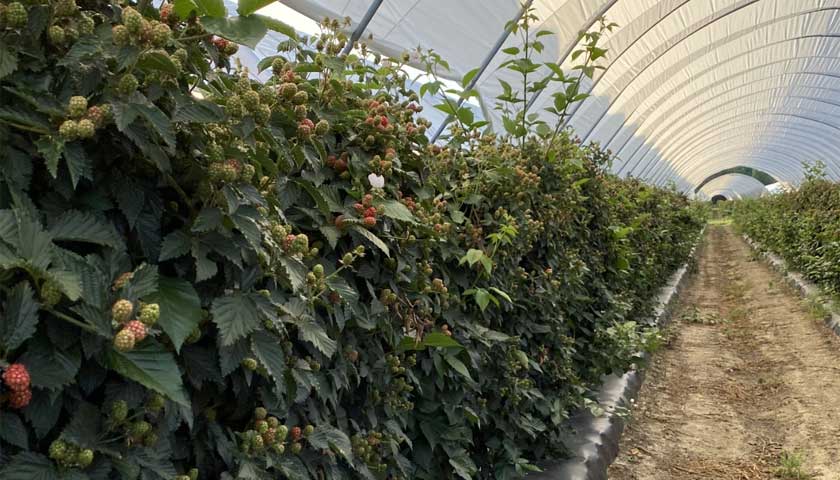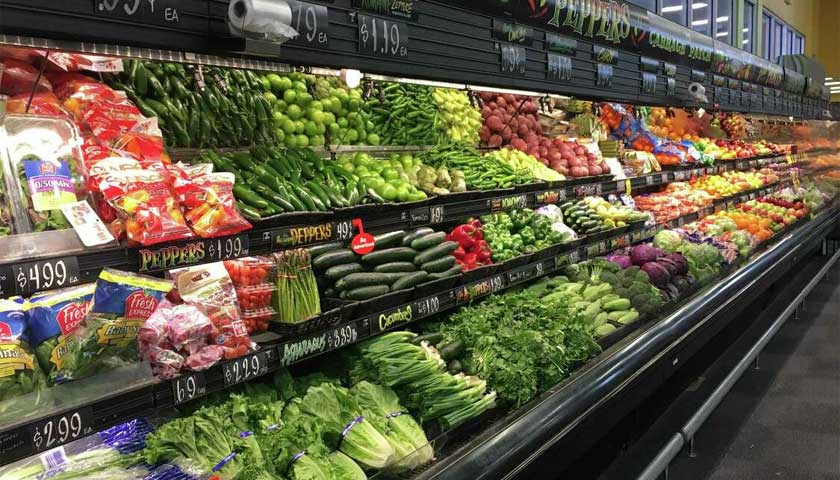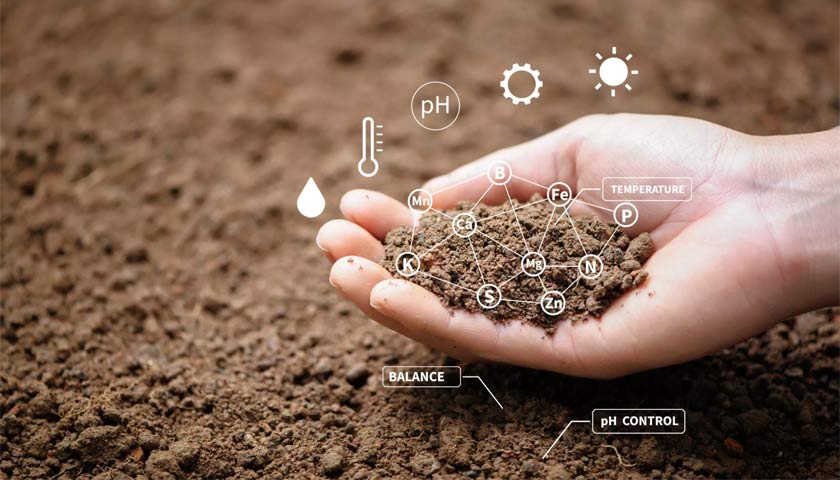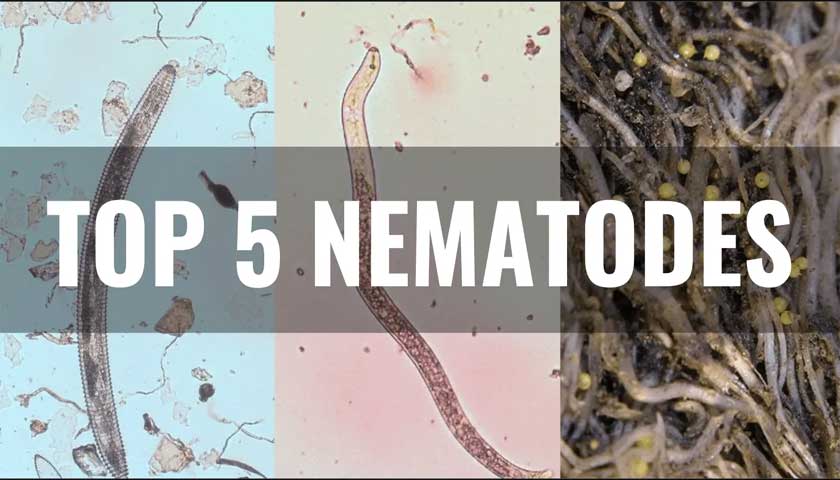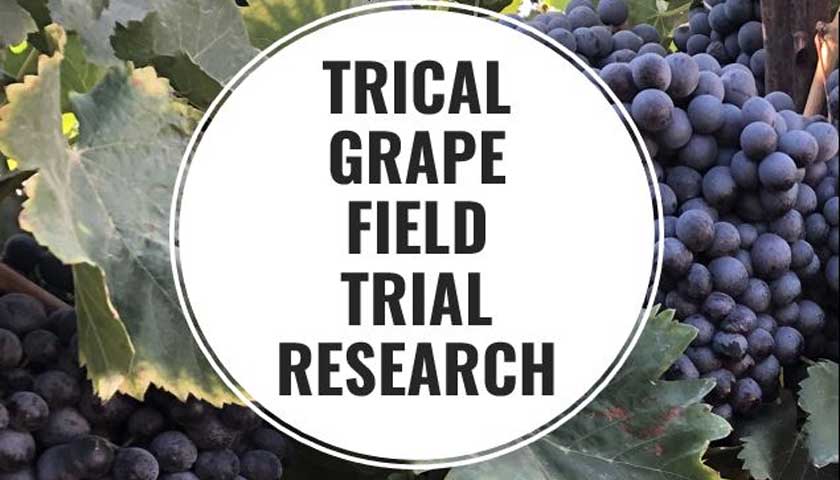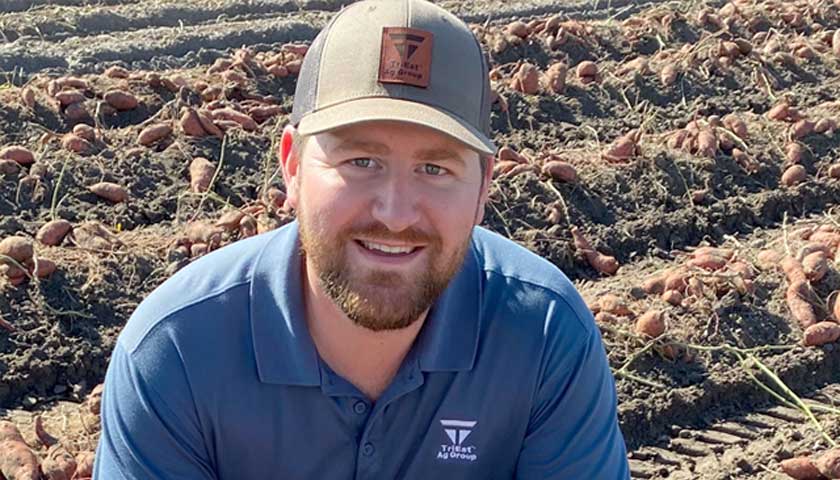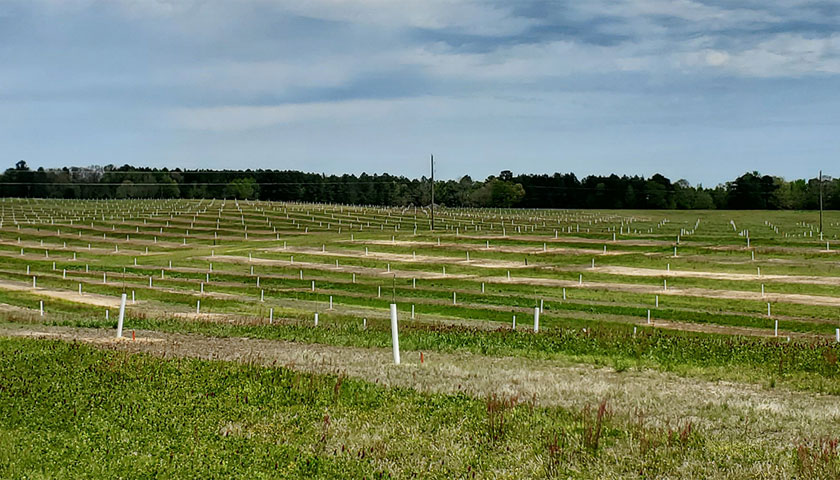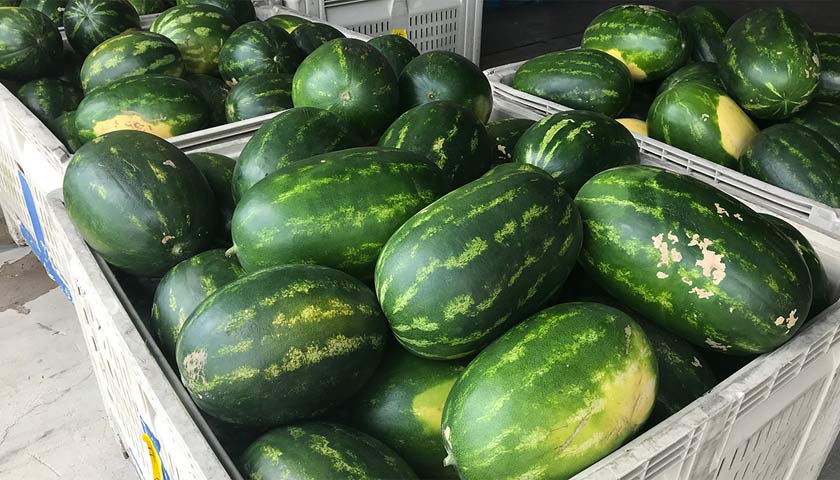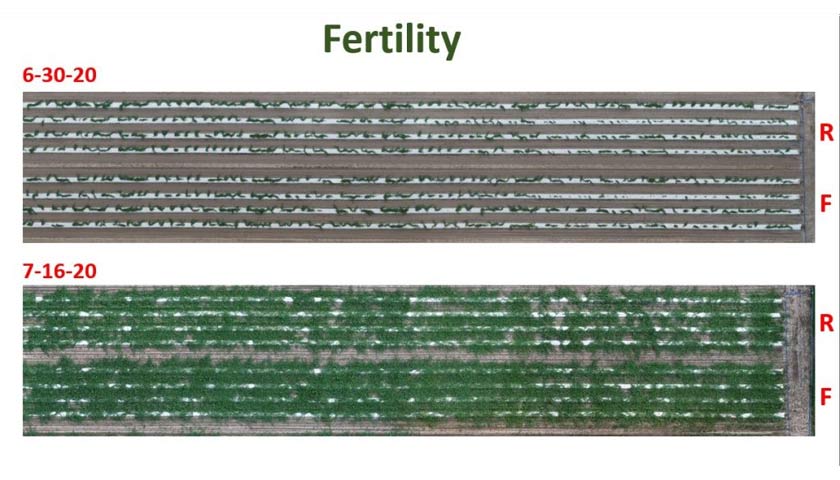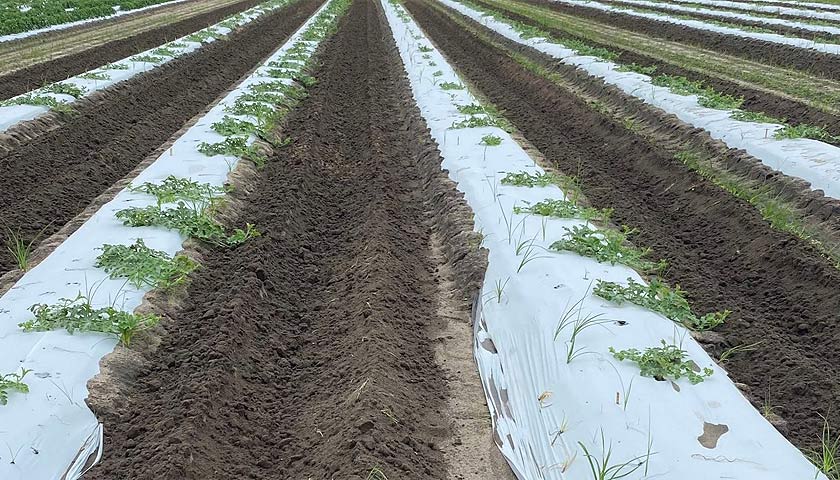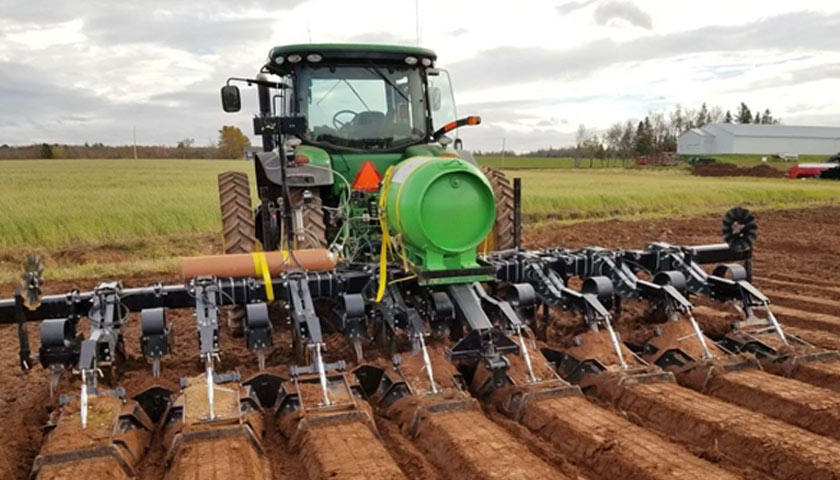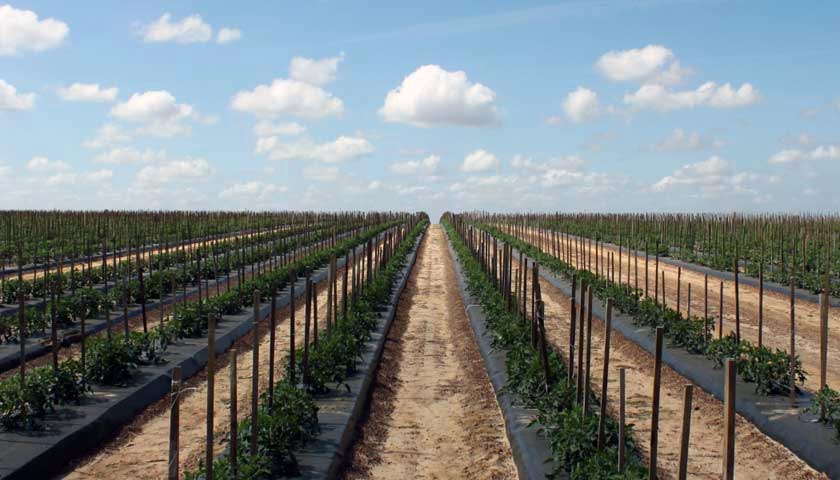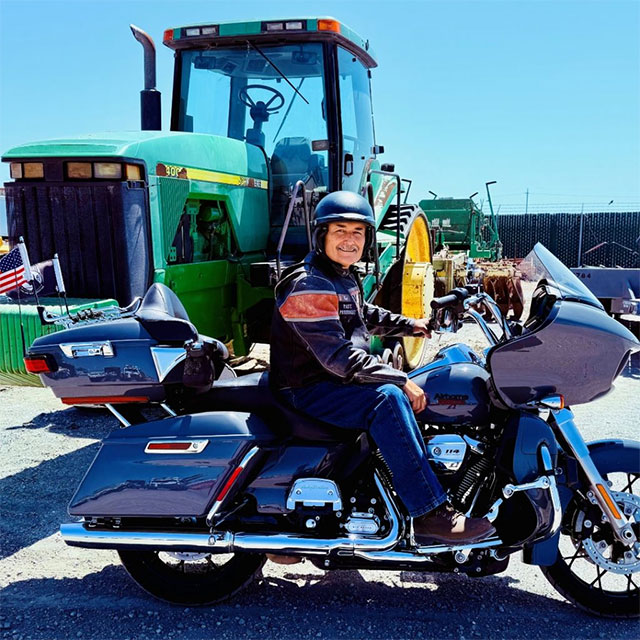
Robert DeLuna: A Legacy of Leadership: On the Job and on the Ride
This month, Trical Group is proud to recognize Robert, a longtime team member whose 47 years in the industry and unwavering commitment to both agriculture and the veteran community speak volumes about the kind of person he is — and the values we hold at TriCal.
Read More
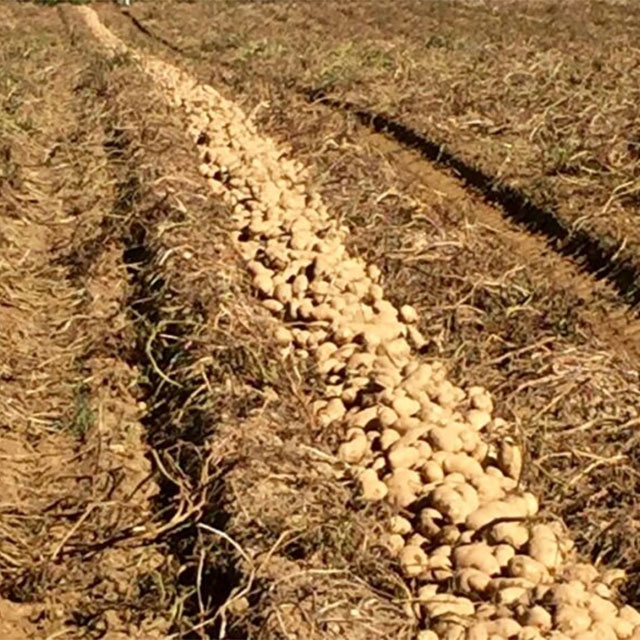
One Easy Change Can Double Soil’s “Good Guys”
We’ve always known Strike works. Season after season, growers tell us what they see in their fields: healthier plants, better root systems, and stronger yields.
What’s happening beneath the surface? Not just in terms of pest control, but in the living biology of the soil itself?
Read More
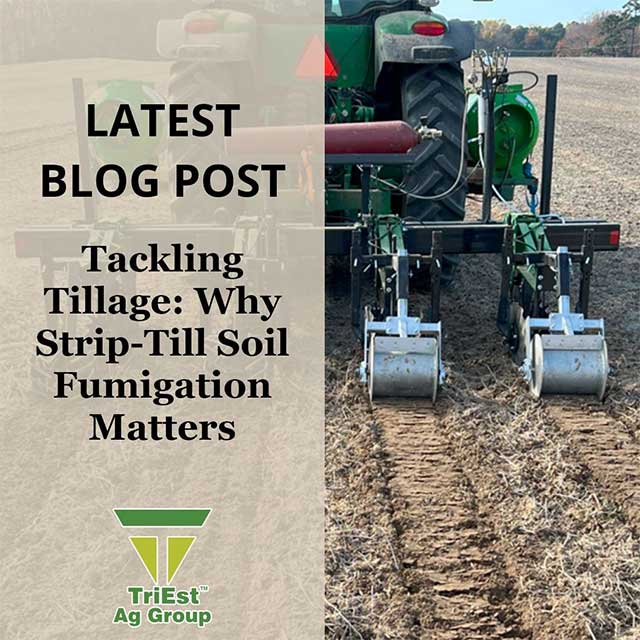
Tackling Tillage: Why Strip-Till Soil Fumigation Matters
TriEst Ag Group’s latest blog post by Agronomist Josh Mays explores a key question facing growers today: Can you reduce tillage without sacrificing the effectiveness of fumigation? After three years of field collaboration and equipment development TriEst Ag Group has answers. R
Read More

The Steady Growth of Strike in New Brunswick, Canada
New on The Dirt: A Blog by Dr. Chad Hutchinson - "The Steady Growth of Strike in New Brunswick, Canada". One grower, one trial, one success at a time—Strike is transforming fields across New Brunswick. “It’s like I’m growing a different crop.”
Read More
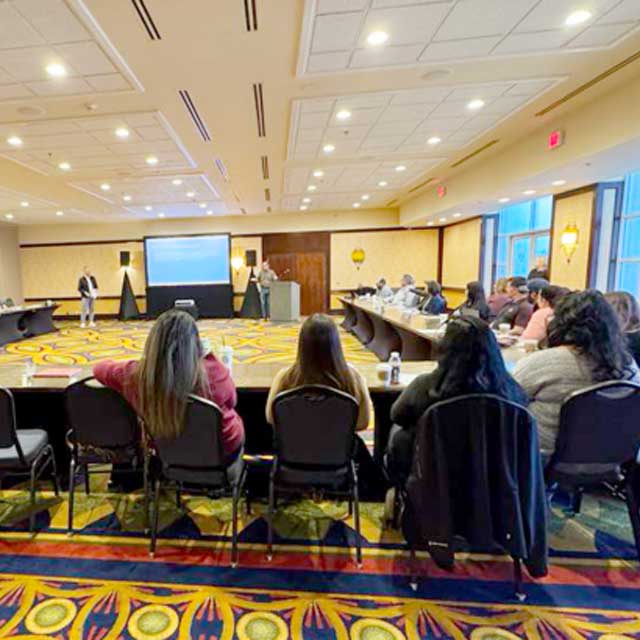
Innovation, Collaboration, and Growth: A Recap of TriCal, Inc.’s Coastal Meeting
The success of TriCal, Inc.’s Fifth Coastal Meeting reflects the continued commitment to innovation and partnership across the industry. The highlight was the opportunity to hear from leading experts in the scientific community, the Strawberry Commission.
Read More
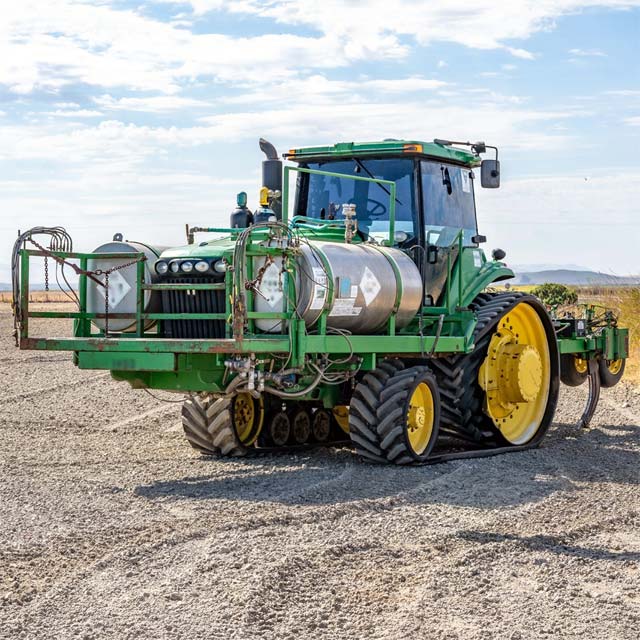
DPR Report Confirms Vital Role of Chloropicrin
The California Council on Science and Technology (CCST), commissioned a report by the California Department of Pesticide Regulation underscoring chloropicrin in modern agriculture. No alternative can replace this soil fumigant, and its role in managing soil-borne pests in high-value crops.
Read More
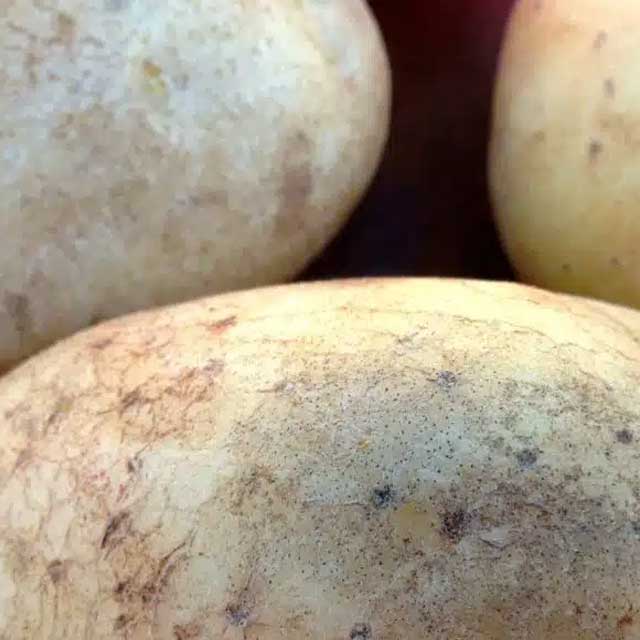
What Global Lessons Have we Learned About the Suppression of Black Dot?
One of the most underestimated culprits f crop loss Colletotrichum coccodes, or black dot, this pathogen thrives in stressed plants and plays a key role in the early die complex. But despite its impact, it’s often confused with or overshadowed by more familiar threats like verticillium wilt.
Read More
Can a soil fumigant be used as a biostimulant in agriculture?
Can a soil fumigant be used as a biostimulant in agriculture? At TriEst Ag Group we're trying to find those answers. Josh Mays, our agronomist, and Josh Freeman, our Regional Sales Manager, go into further depth on this topic and our findings.
